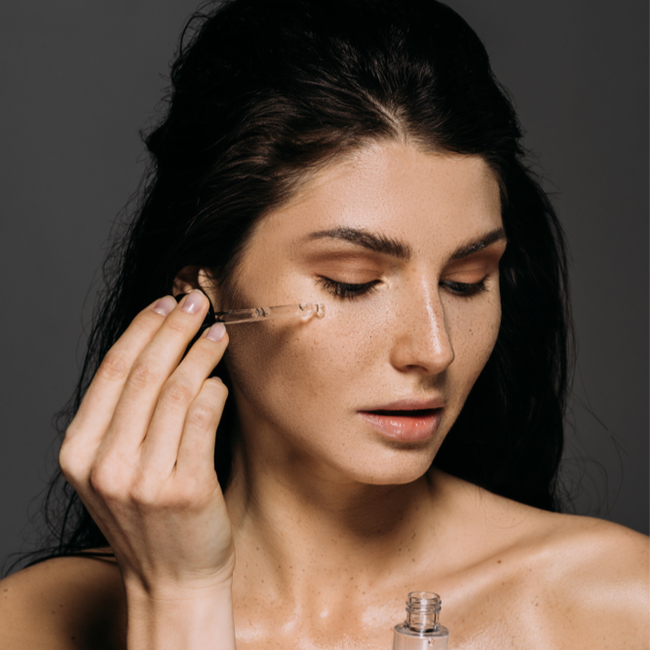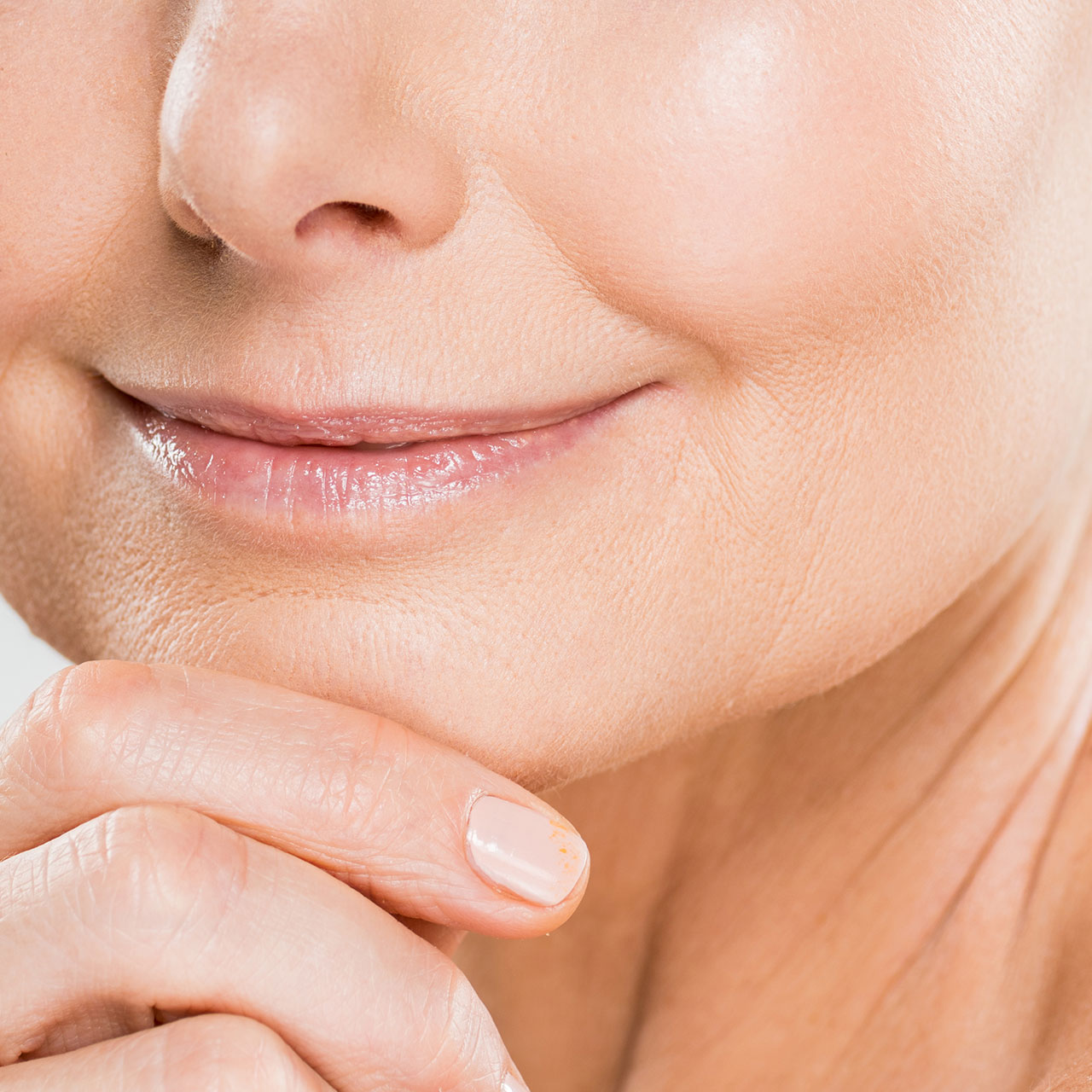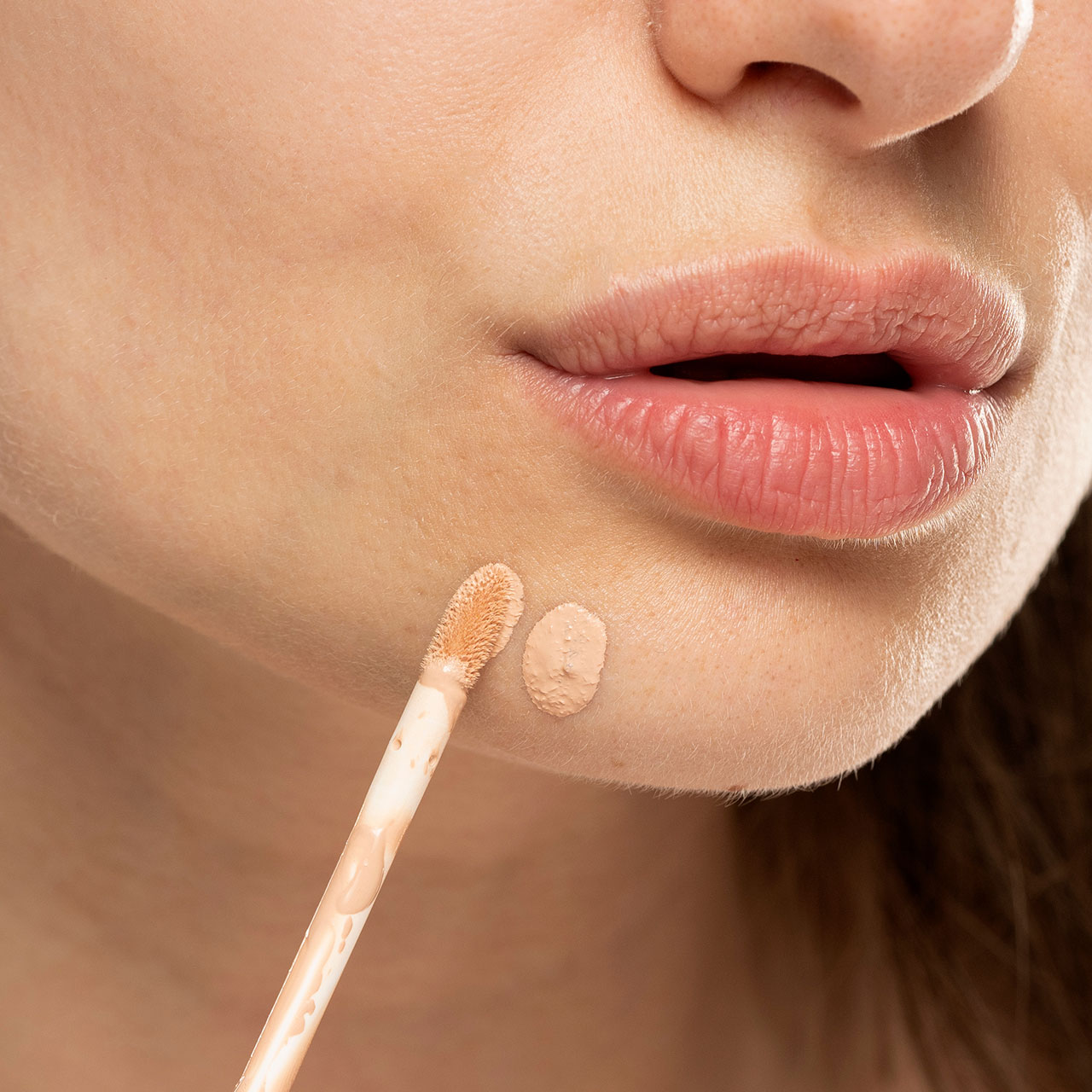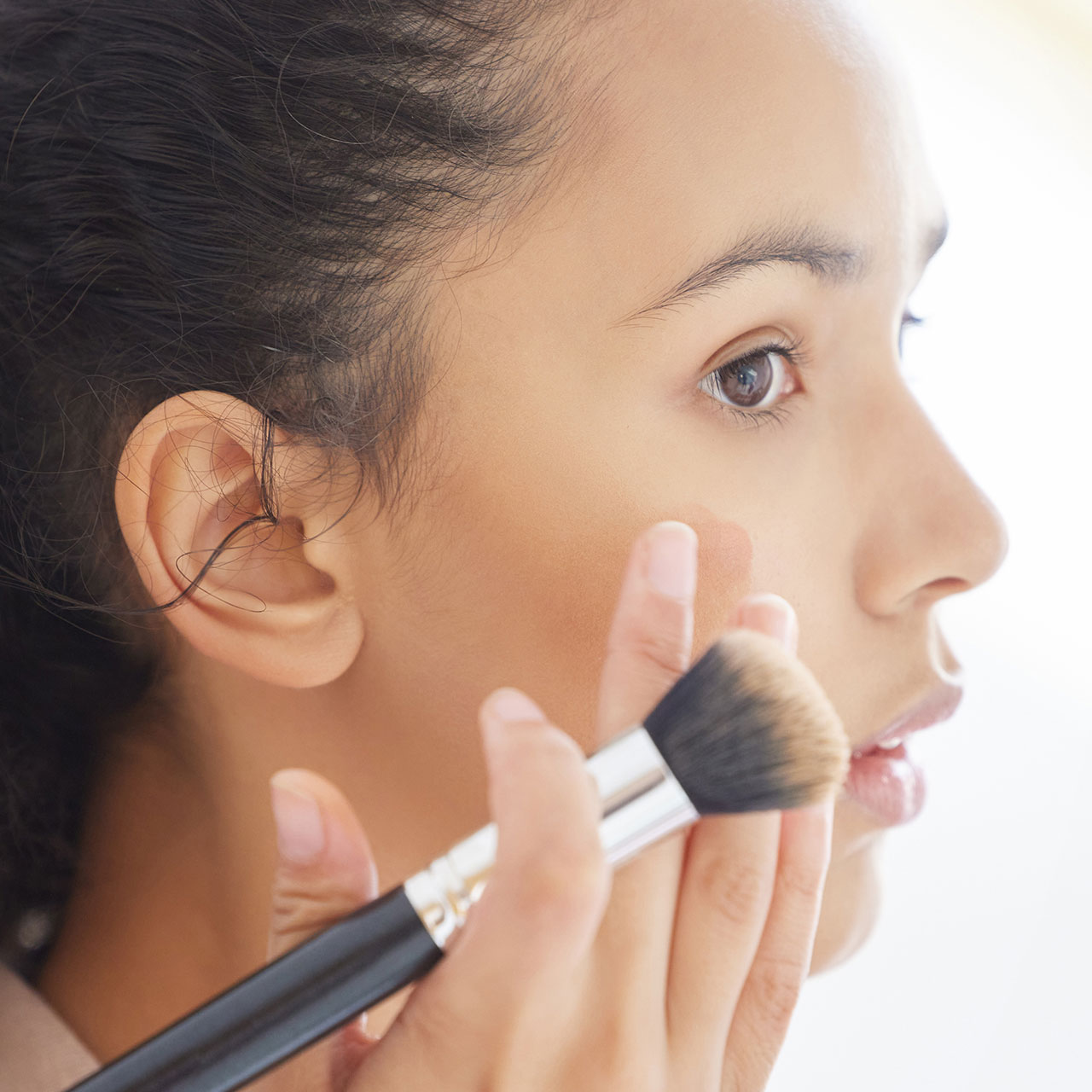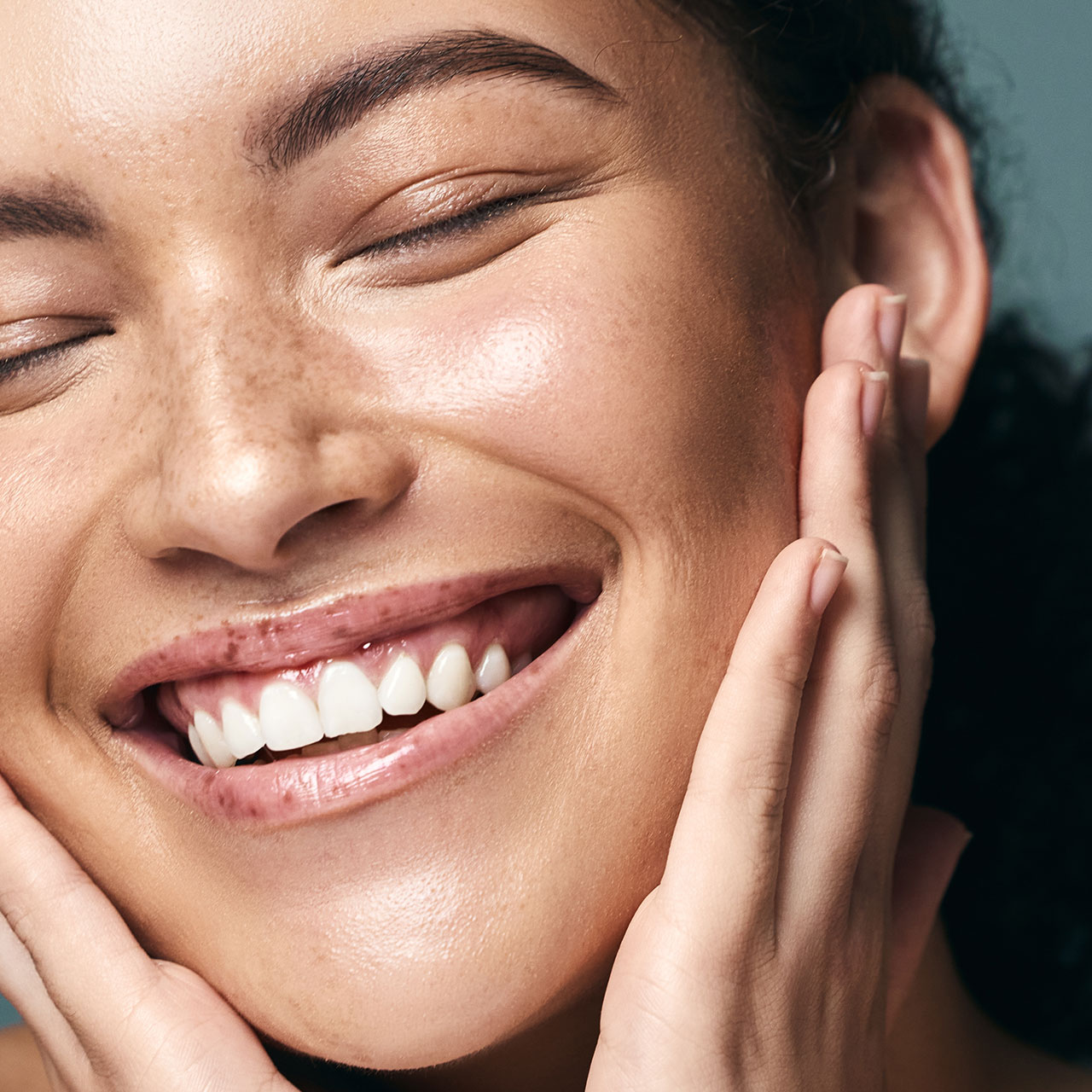When creating the most effective skincare routine for anti-aging, it’s important to include a combination of the powerful ingredients known to be the most effective for the task. Those ingredients often include a variation of retinol, an antioxidant serum, and some form of hydration, but it’s worth noting that some ingredients are never meant to interact together in order to do their best work.
If your goal is to create a skincare regimen that will secure ageless skin for years to come, it’s first important to be aware of which ingredients should not interact in order to get the most out of your products. We spoke with board-certified dermatologist Dr. Hadley King who broke down the popular skincare ingredients to avoid using together so you can preserve the health of your skin while actively working towards a brighter complexion.


Retinoids & Exfoliants
Retinol and retinoid products are perhaps the most popular ingredients to use on the skin for anti-aging, and for good reason. Ideal for promoting increased collagen production in the body and resurfacing your complexion, retinol slows the development of fine lines and wrinkles from appearing on your skin while also working to boost elasticity and firmness to avoid a sagging complexion. Retinoids are also useful for expediting cell turnover, allowing your skin to look brighter and healthier, maintaining that youthful glow.
On the other hand, exfoliating acids such as BHA and AHA are also great for resurfacing the skin and removing dead skin cells, eliminating dullness and flaking. These acids primarily work on the skin’s barrier to freshen and clear the skin while also reducing fine lines and visible pores. But while both of these ingredients are undeniably beneficial within your skincare routine for anti-aging, using them together can have quite the opposite effect and may actually put your skin at risk for worsened irritation and an inflamed complexion.
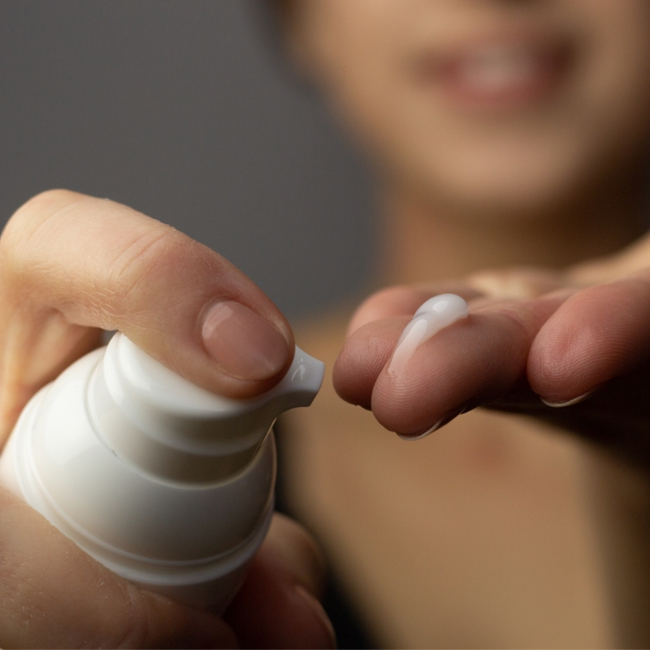
“It is ok to use both exfoliating acids and retinoids in your regimen, if your skin tolerates that which will depend on your skin type, your environment, and the strengths and formulations and frequency of application,” says King, adding, “I would not recommend using them at the exact same time because the acids may deactivate the retinoids. Your skin may become dry, red and irritated, but would not cause lasting damage to your skin.”
Despite being so powerful, retinoids can be deactivated by certain ingredients with exfoliating acids being one of such. Using these two ingredients together can make the retinoid less effective at doing its job while simultaneously causing irritation on the skin that makes the efficacy of both products null and void. Therefore, using your retinol or retinoid in the evening and your AHA or BHA serum in the morning will be the most effective use of these ingredients, allowing them to aid in anti-aging without harming your skin further. Although the combination of these products will not cause premature aging or any irreversible damage, if you’re looking to get the most out of your skincare routine, splitting them up will be the way to go.





